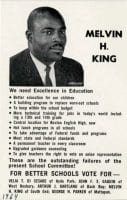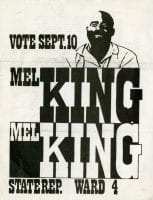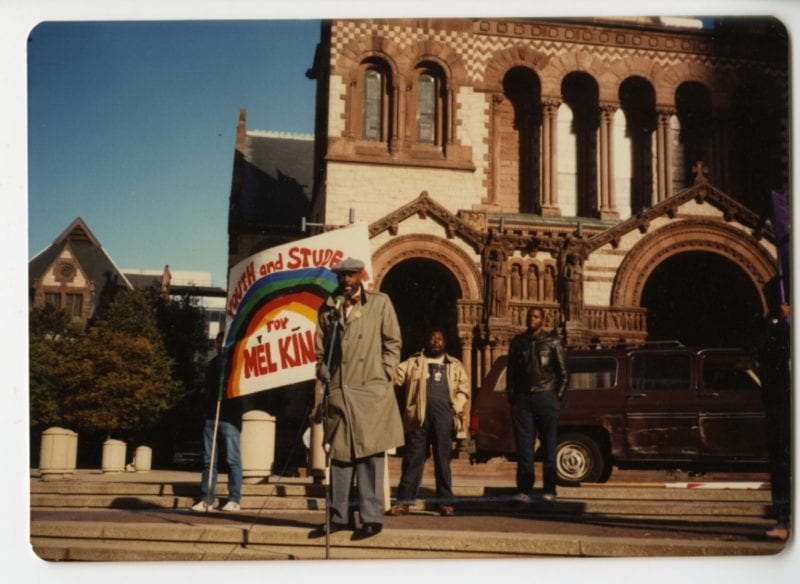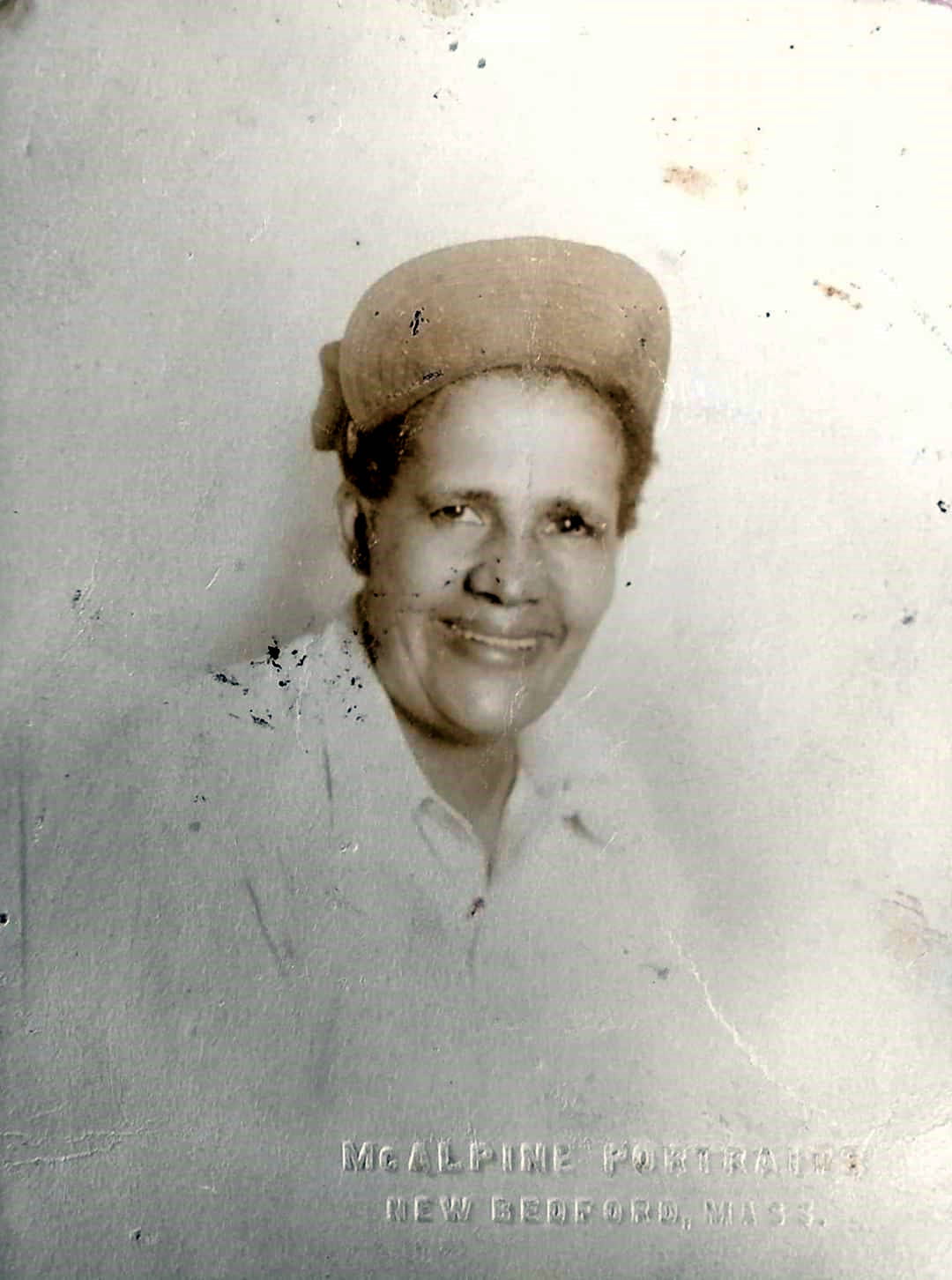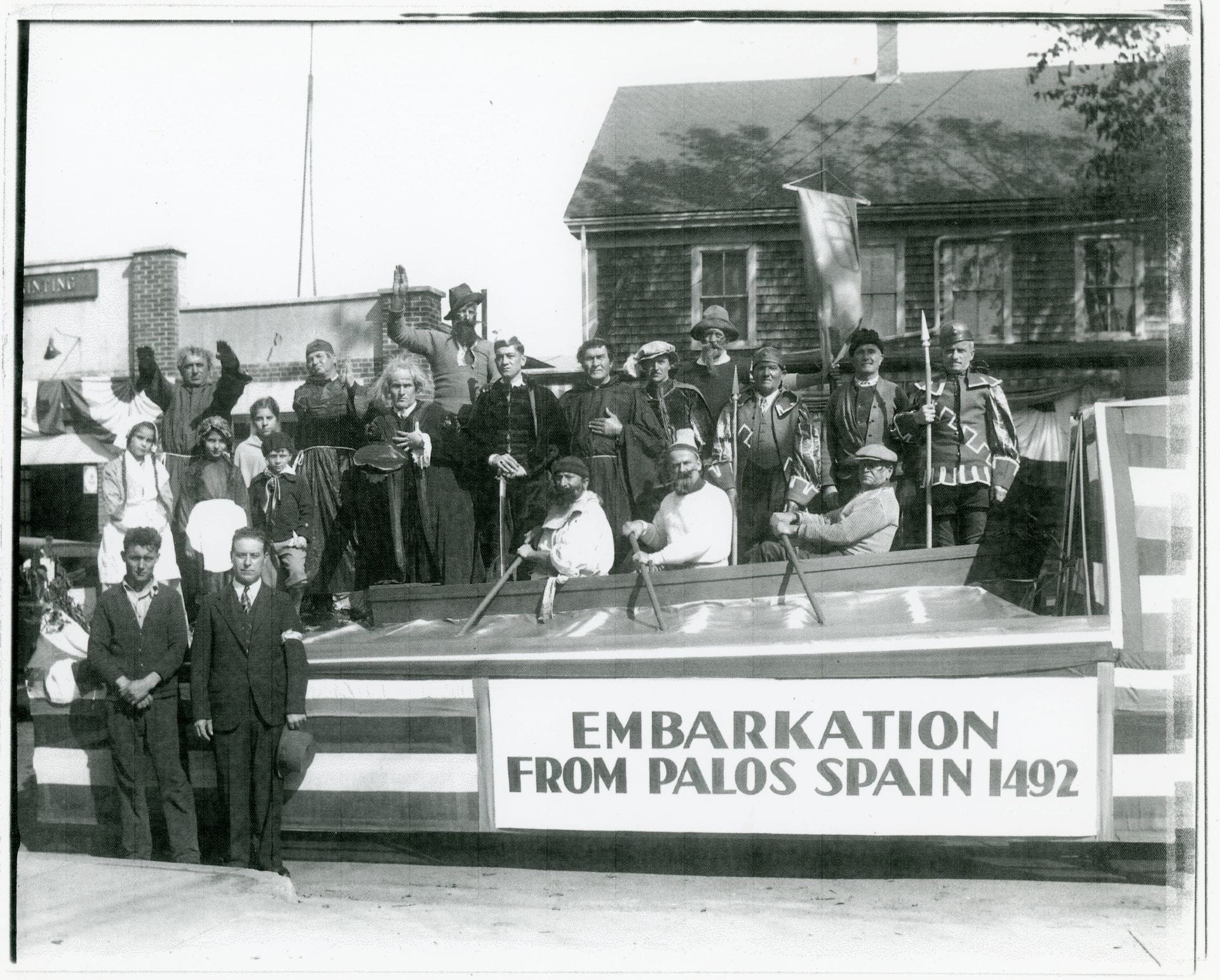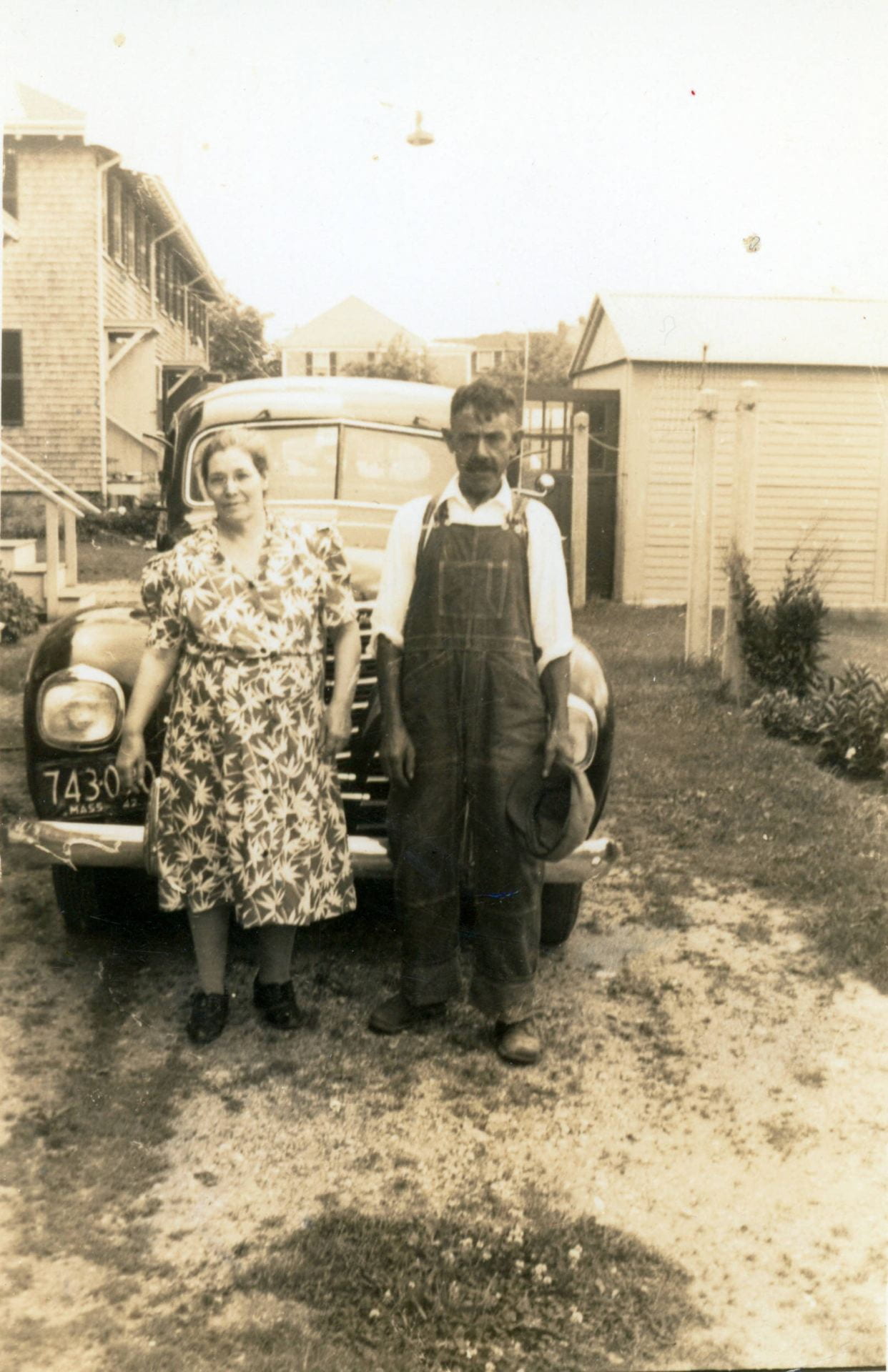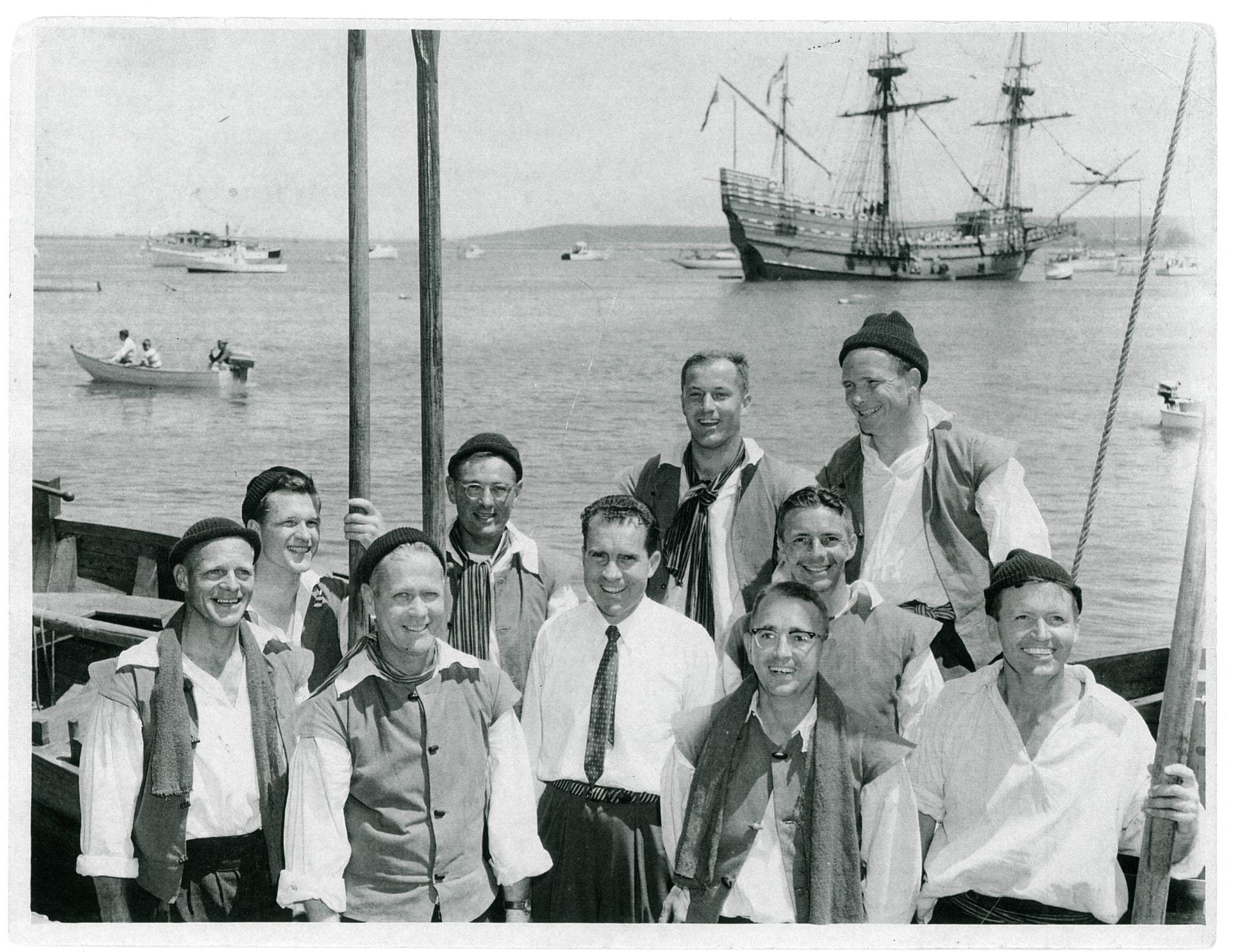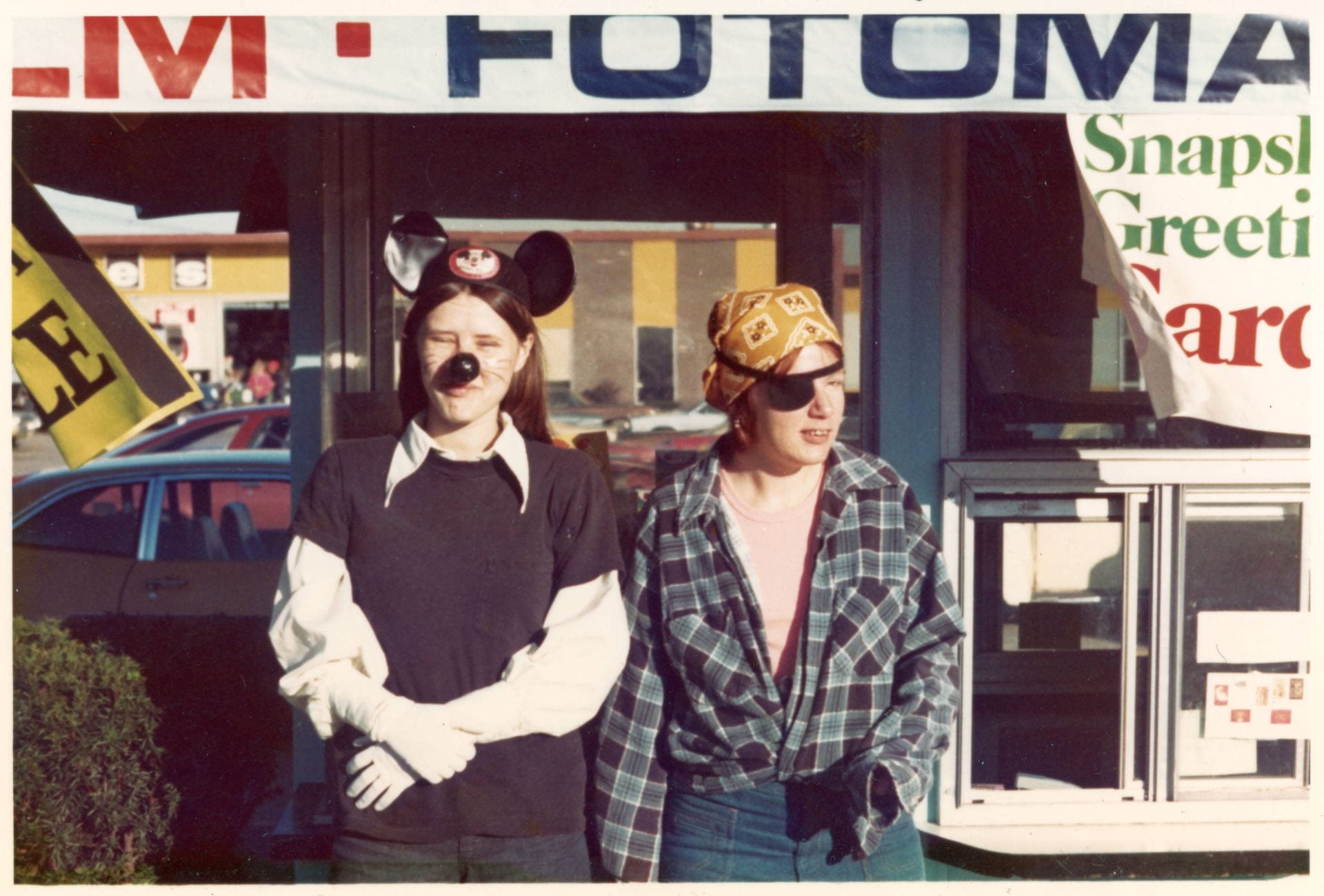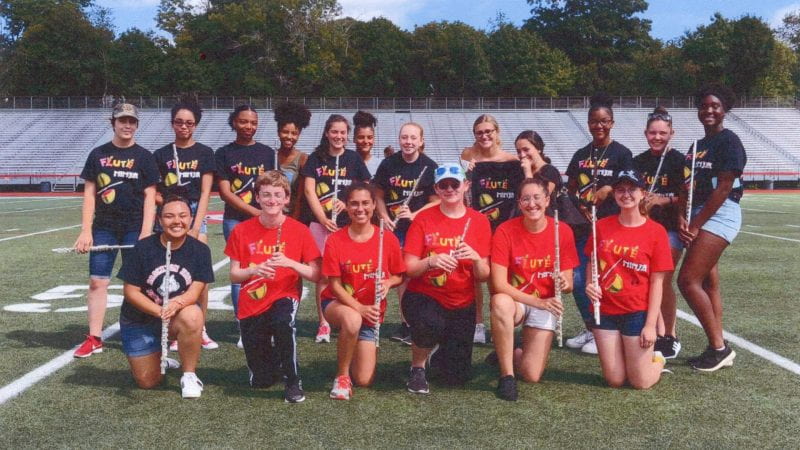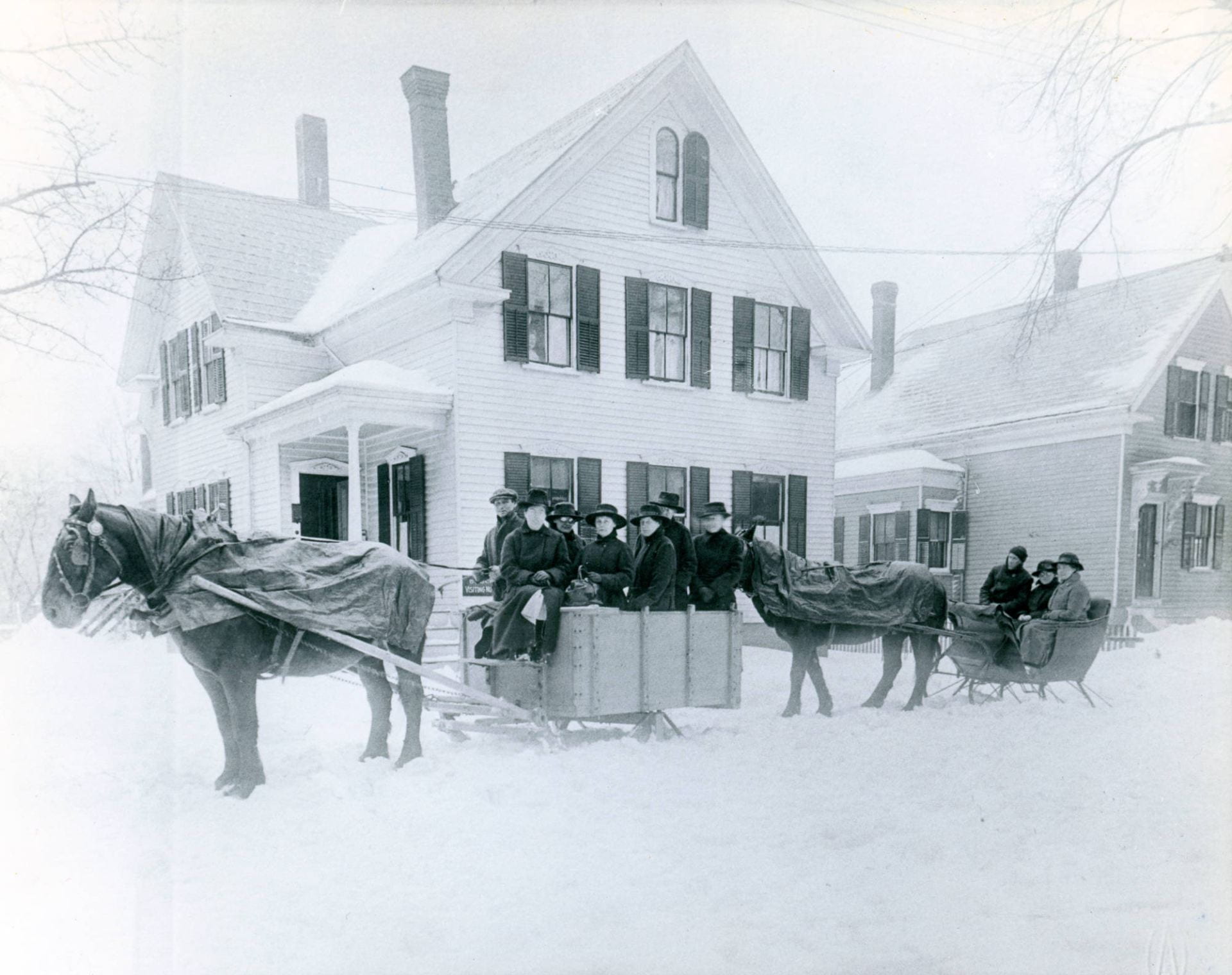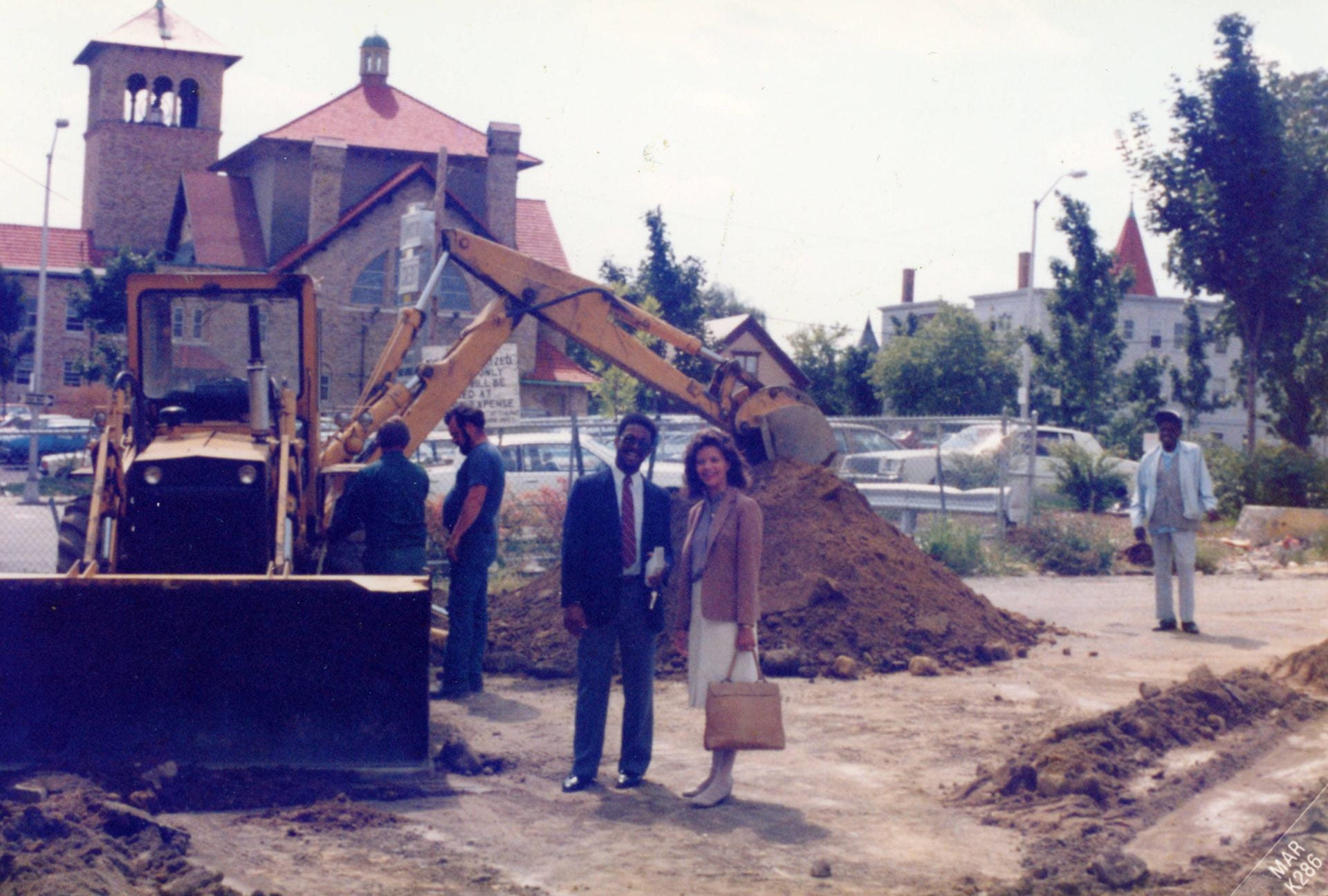Author: Maci Mark, Archives Assistant and graduate student in the Public History MA Program at UMass Boston
Happy Black History Month! Black History Month is celebrated during the month of February every year as a way of celebrating important people and events from across the African diaspora. Here at UMass Boston, we have many collections about the Black history of Boston and our campus. Over the course of the month, we will be highlighting some of these collections and stories.
The Robert C. Hayden: Transcripts of Oral History Interviews with Boston African American Railroad Workers collection highlights some unique Boston history. This collection is made up of 27 oral histories that Robert C. Hayden conducted with retired Boston African American railroad workers. These oral histories show the livelihoods of these men and women who worked on the railroads, the opportunities the work gave them, and what their lives looked like in the 1920s/1930s as Black people in Boston.
In the 1920s/1930s Boston was an important destination for African Americans moving northward from the South. This move was part of the Great Migration and spanned from just after the Civil War all the way through the 1970s. Boston provided employment opportunities, one of them being working on the railroads. The railroad positions were good jobs at the time, as Adolphus Bollock, one of the interviewed railroad workers, discussed how they paid more than the Post Office.
These oral histories were originally conducted as research to support an exhibit being done by Robert C. Hayden and James Green for the Back Bay MBTA Station about A. Philip Randolph and Boston’s African-American Railroad Workers: A Public History Commemoration, Knights of the Rail. The interviews capture the lived experiences of Boston’s African American railroad workers that extend beyond just the railway.
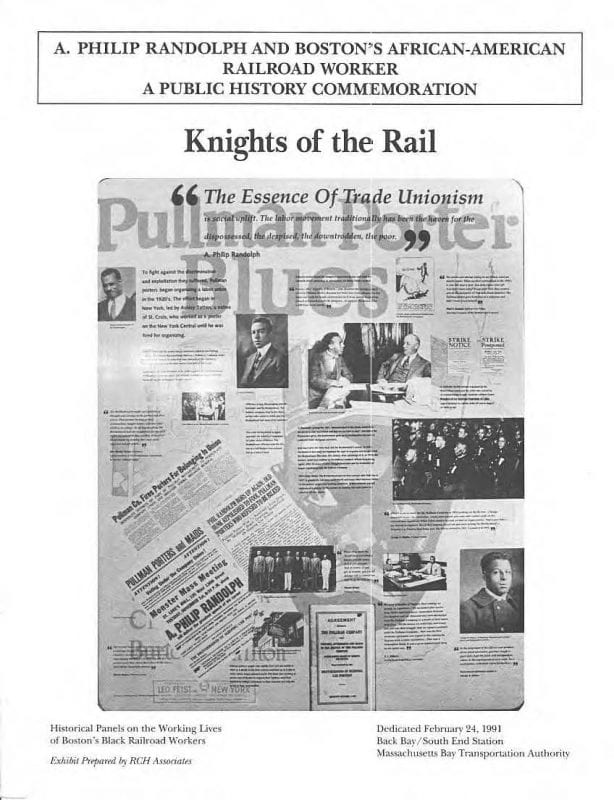
A guide to “Knights of the Rail,” an exhibit about A. Philip Randolph and Boston’s African-American railroad workers, 1991
Robert C. Hayden (who recently passed away on January 23, 2022) was one of the most prominent scholars of his time, focusing on the history of Black Bostonians. He worked with UMass Boston professor James Green to develop a permanent exhibit for the Back Bay MBTA Station featuring the African American railroad workers who started the Pullman Union, the first Black union of its kind. These interviews were conducted by Hayden over a two-year time period. James Green was the Head of the History Department at UMass Boston and donated this collection to University Archives and Special Collections in 1992.
To read the transcripts of these oral histories the best place to start is with the finding aid, or you may search for the collection within our Oral History Collections. All the oral histories within the collection have been transcribed and are available as PDFs.
For more information, please email library.archives@umb.edu.
University Archives & Special Collections in the Joseph P. Healey Library at UMass Boston was established in 1981 as a repository to collect archival material in subject areas of interest to the university, as well as the records of the university itself. The mission and history of UMass Boston guide the collection policies of University Archives & Special Collections, with the university’s urban mission and strong support of community service reflected in the records of and related to urban planning, social welfare, social action, alternative movements, community organizations, war and social consequence, and local history related to neighboring communities. To learn more, visit blogs.umb.edu/archives.


